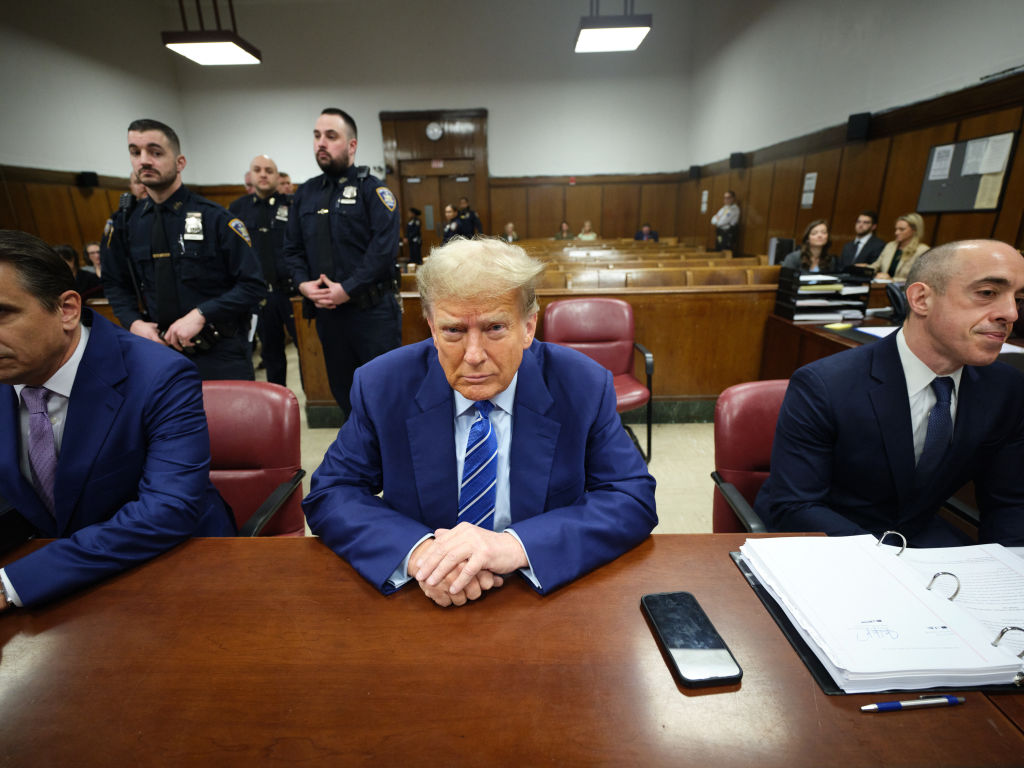WASHINGTON — President-elect Barack Obama declared the national economy was "bad and getting worse" Monday as he began crisis talks with congressional leaders on emergency action. He predicted lawmakers would approve hundreds of billions of dollars in new spending and tax cuts within two weeks of his taking office.
"The economy is very sick," Obama said before meeting with Senate Democratic Leader Harry Reid. "The situation is getting worse. ... We have to act and act now to break the momentum of this recession."
Obama, whose inauguration is two weeks from Tuesday on Jan. 20, said he expected quick approval of rescue legislation by the new Congress.
"I expect to be able to sign a bill shortly after taking office," he said. Pressed on the timing, he said, "By the end of January or the first of February."
Obama's proposal to stimulate the economy includes tax cuts of up to $300 billion, including $500 tax cuts for most workers and $1,000 for couples,as well as more than $100 billion for businesses, an Obama transition official said. The total value of the tax cuts would be significantly higher than had been signaled earlier.
New federal spending, also aimed at boosting the moribund economy, could push the overall package to the range of $800 billion or so.
Obama met earlier in the day with House Speaker Nancy Pelosi, D-Calif., as he set a tone of urgency for dealing with a financial situation that he described as "precarious."
U.S. & World
"The reason we are here today is because the people's business cannot wait," Obama said as he arrived on Capitol Hill for talks with Pelosi. "The speaker and her staff have been extraordinarily helpful in working with our team so we can shape an economic recovery plan and start putting people back to work."
The tax cuts for individuals and couples would be similar to the rebate checks sent out last year by the Bush administration and Congress in a bid at that time to boost the slowing economy. A key difference is that the tax cuts this time around may be awarded through withholding less from worker paychecks. That provision would cost about $140-150 billion over two years.
For businesses, the plan would allow firms incurring losses last year to take a credit against profits dating back five years instead of the two years currently allowed.
Another provision brought to the negotiations by the Obama team would award a one-year tax credit costing $40-50 billion to companies that hire new workers, and would provide other incentives for business investment in new equipment.
"We've got an extraordinary economic challenge ahead of us," Obama said. "We're expecting a sobering job report at the end of the week."
Said Pelosi: "It is a great honor and personal privilege to welcome you to this office. Tomorrow we will swear in a new Congress and we will hit the ground running on the initiatives ... to ease the pain being felt by the American people."
Before meeting with Reid, the Nevada Democrat, Obama said, "This is not a Republican problem or a Democratic problem at this stage. It is an American problem and we're going to all have to chip in and do what the American people expect."
Obama had meetings with a broad array of House and Senate Democratic leaders and with a bipartisan group of key lawmakers. He had hoped to have Congress enact the recovery plan in time for him to sign when he takes office Jan. 20. But even his spokesman, Robert Gibbs, conceded that was "very, very unlikely."
House Majority Leader Steny Hoyer of Maryland said Sunday he wants the House to approve the plan by the end of the month, sending it to the Senate in time for action before Congress leaves on its mid-February break.
Obama has insisted that bold and quick action is necessary if the nation is to rebound from the greatest economic crisis since the Great Depression. He has said repeatedly he wants a plan that will create 3 million new jobs.
"Economists from across the political spectrum agree that if we don't act swiftly and boldly, we could see a much deeper economic downturn that could lead to double-digit unemployment and the American dream slipping further and further out of reach," he said in his Saturday radio and YouTube address.
Obama arrived Sunday night in Washington — a place he largely has shunned since winning election — just hours after New Mexico Gov. Bill Richardson withdrew from consideration as commerce secretary amid a grand jury investigation into how some of his political donors won a lucrative state contract.
The Richardson withdrawal marked the first major hiccup in a smooth transition that saw Obama select his Cabinet in record time, largely because of the magnitude of the economic and national security challenges facing the new administration.
Obama aides have said the package Obama has dubbed the American Recovery and Reinvestment Plan could cost as much as $775 billion. The president-elect has refused to put a price tag to the plan.
Congressional aides briefed on the measure say it is likely to include some $200 billion to help revenue-starved states pay for health care programs for the poor and other operating costs. A large part of the new spending would go for infrastructure projects, blending old-fashioned road and bridge repairs with new programs to advance energy efficiency and rebuild health care information technology systems.
.



